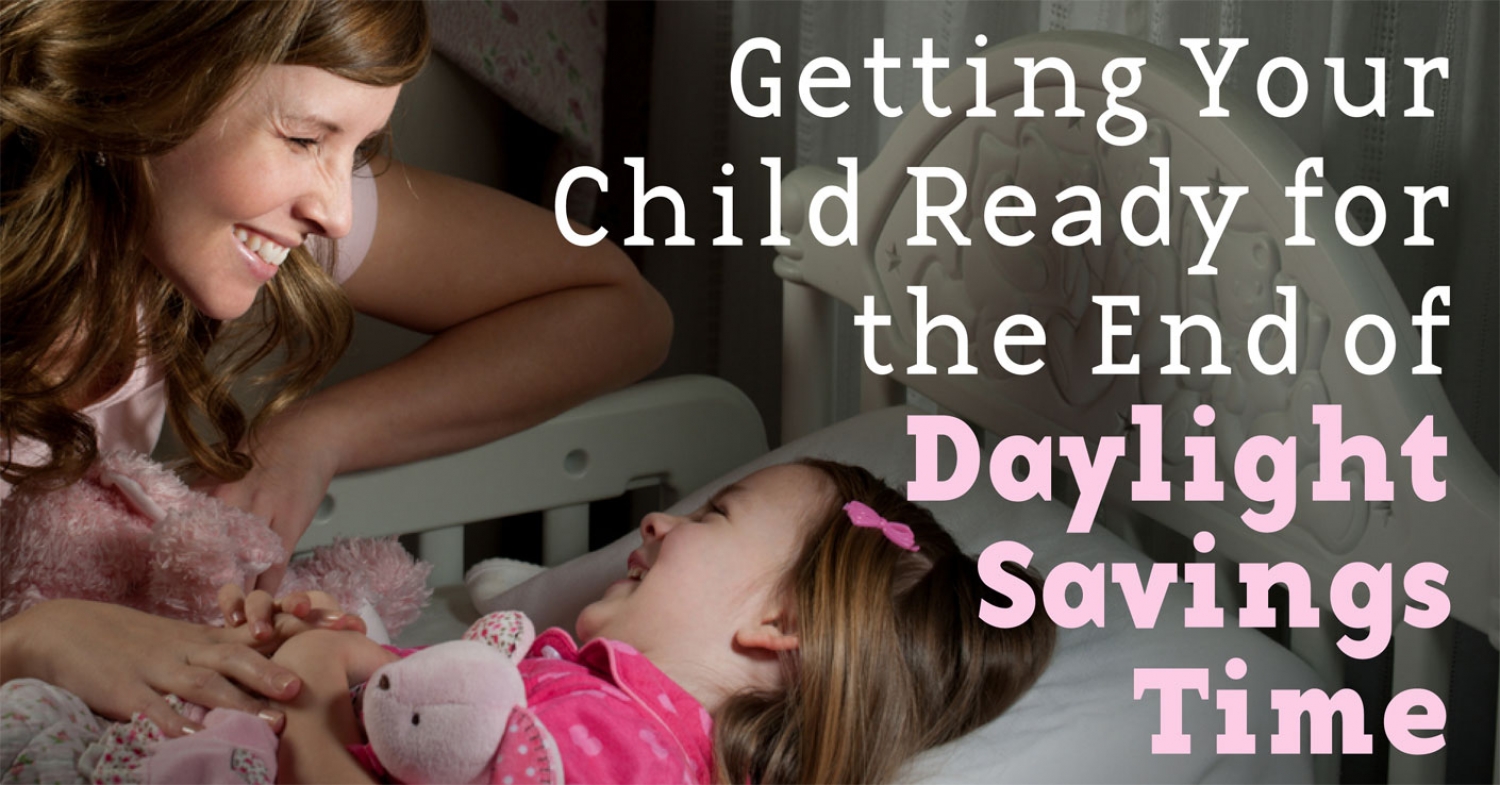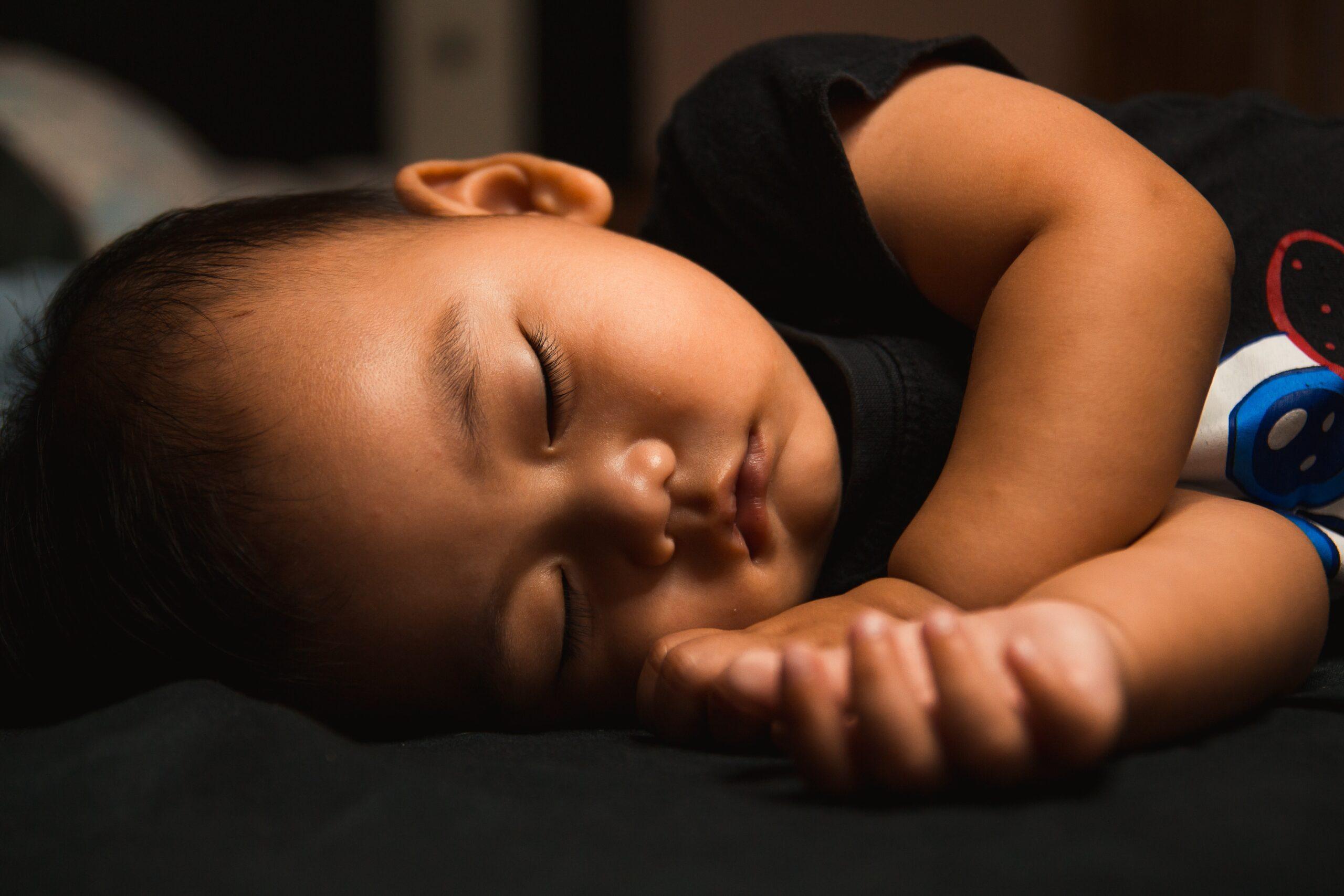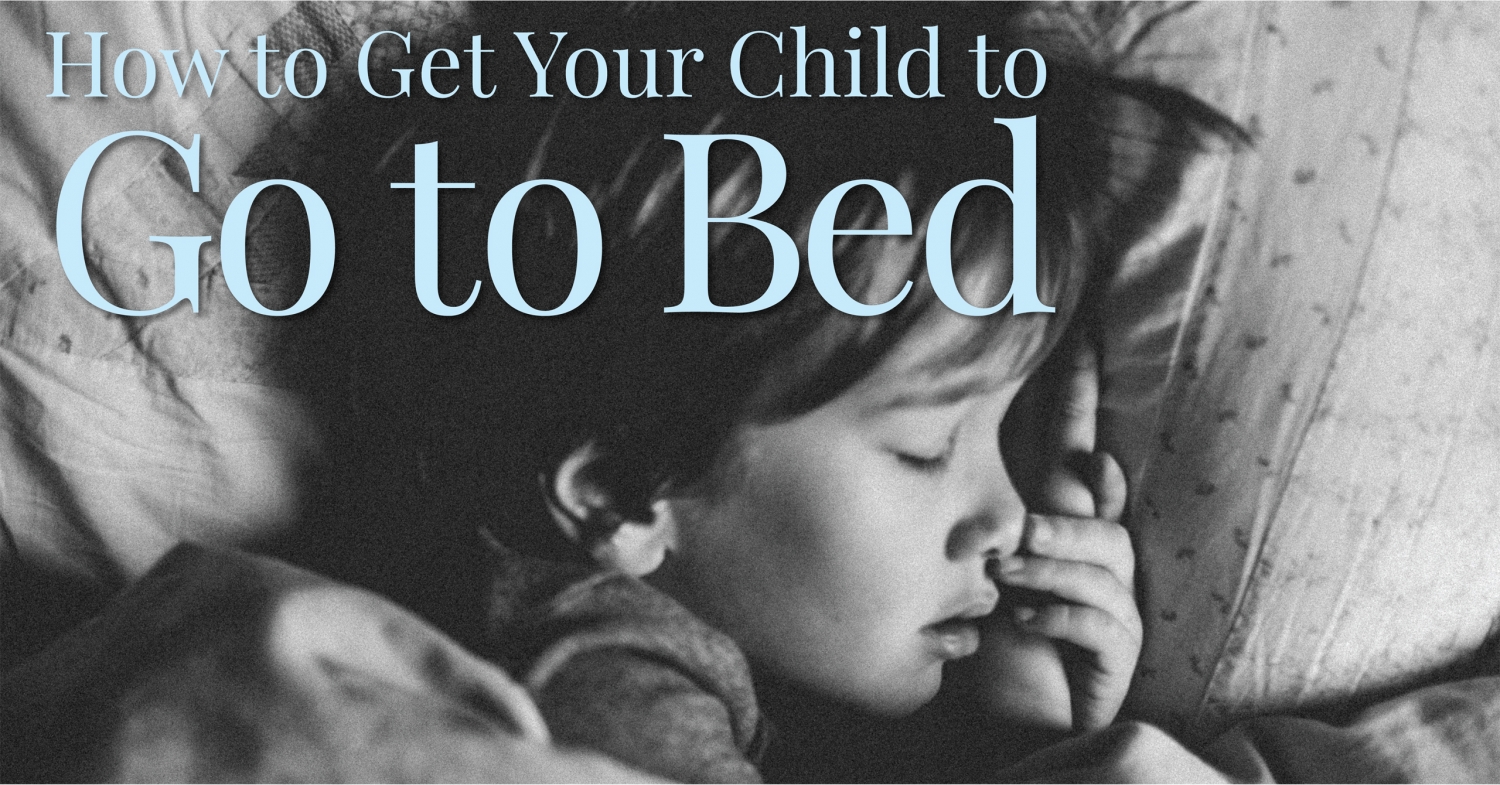Almost everyone has occasional trouble sleeping. Stress, anxiety, indigestion, jet lag or any number of other things might keep us tossing and turning restlessly once in a while. But for 60 million Americans, sleepless nights along with the daytime sleepiness, irritability, impaired job performance, accidents, and health risks that ensue are a regular occurrence. In a survey conducted by the Centers for Disease Control and Prevention, 35 percent of adults reported getting less than seven hours of sleep in a typical 24-hour period, while 38 percent of them reported unintentionally falling asleep during the day at least once in the previous month. Almost 5 percent of those surveyed reported nodding off or falling asleep while driving at least once in the preceding month.
Insomnia affects both mental and physical well-being. Sleep is as important to our health as good nutrition and regular exercise. Not getting enough sleep is detrimental to daytime functioning, mood, energy levels, concentration, and reaction time.
What is insomnia?
Insomnia is the most common sleep disorder. It is characterized by difficulty falling asleep, frequent waking and difficulty getting back to sleep, waking too early, or not feeling rested upon waking. Insomnia may be short-term (acute), lasting from one night to several weeks, or it may be long-term (chronic). It is generally considered chronic if symptoms occur for three nights a week for a period of three months or longer. Insomnia is more common in women, possibly because of hormonal fluctuations, and in people older than 60, when changes in health, medications, and activity levels play a role.
What are its possible causes?
Insomnia may be associated with a wide range of underlying medical and psychological conditions, including anxiety and depression. Anxiety about being unable to fall asleep often makes it more difficult to fall asleep. Some medications also interfere with sleep, including antidepressants, heart and blood pressure medications, allergy medications, and over-the-counter medications that contain stimulants. When insomnia isn’t caused by medication or an underlying health condition, people are encouraged to seek help for the chronic problem before it takes a serious toll on health and daily functioning.
Treating insomnia
Prescription sleeping pills can be helpful for a short period but generally aren’t advisable for the long term. Cognitive behavioral therapy has proven effective in reducing insomnia. It is a shortterm therapeutic approach that focuses on changing the thoughts and beliefs that drive behavior. With cognitive behavioral therapy, the therapist and patient work together to identify and then reduce or control the negative thoughts and anxieties that inhibit sleep.
Relaxation techniques such as breathing exercises, meditation, and guided imagery have a calming effect that is also conducive to falling asleep. Progressive muscle relaxation, a technique of systematically tensing and releasing different muscles, is an effective route to relaxation, too.
A better approach is treatment that provides a long-term solution by changing the behaviors that make insomnia worse and instilling new behaviors that enable restful sleep. Lifestyle changes and adjustments to bedtime routines can make a big difference for insomnia sufferers. The following do-and-don’t tips may aid with such lifestyle changes.
Do:
- Come up with and stick to a sleep schedule. Go to bed and wake up at around the same time each day, ideally including weekends.
- Establish a bedtime routine, allowing at least 30 minutes to wind down before going to bed. Do something relaxing, like read or listen to quiet music.
- Keep your room cool, dark, and quiet. Adjust the thermostat and bedding, use blackout curtains, and block out distracting sounds with a fan or a white noise machine.
- Exercise regularly (though not right before bedtime).
- Spend at least 30 minutes in natural sunlight within the first two hours of waking when possible. When this is not possible, try to at least spend 30 minutes per day in strong artificial light.
- Take a few minutes to jot down the items that are on your mind if you struggle to fall asleep because you are thinking and worrying. Then, shift your attention to relaxing your body and mind so that you can get the rest that you need to tackle your to-do/ worry list when you wake up!
Don’t:
- Don’t consume caffeine (in coffee, tea, chocolate, certain sodas), nicotine, or alcohol near bedtime. These substances interfere with sleep.
- Do not eat a heavy meal or drink a lot of liquid close to bedtime. If you do need a light snack, foods such as milk, peanut butter, bananas, and cheese contain chemicals that facilitate sleepiness.
- If you have trouble falling asleep for a period of 20 minutes or more, get up, do something relaxing, and only return to bed when you are tired enough to try falling asleep again. Don’t remain in bed when struggling to fall asleep for a prolonged period of time as this can worsen the problem.
- Avoid naps, and if you do take them, the shorter they are, the better. Keep the length of a nap to 10 or 20 minutes when possible, staying less than 30 minutes at most. Do not nap in the latter part of the day.
- Watching the alarm clock contributes to sleep anxiety, which actually wakes you up! Stop checking the clock.
- Try to minimize use of a computer, tablet, or smartphone right before going to bed. The light from the screen wakes the brain, which then makes it hard to fall asleep. Dimming the brightness to a minimum is helpful.
It’s normal to have occasional trouble sleeping, but it isn’t normal to regularly struggle to get to sleep or stay asleep. And it isn’t normal to wake up feeling exhausted or for lack of sleep to affect daytime functioning. Fortunately, you don’t have to live with insomnia. Addressing any underlying cause and improving sleep habits can restore a restful night’s sleep for most people.




